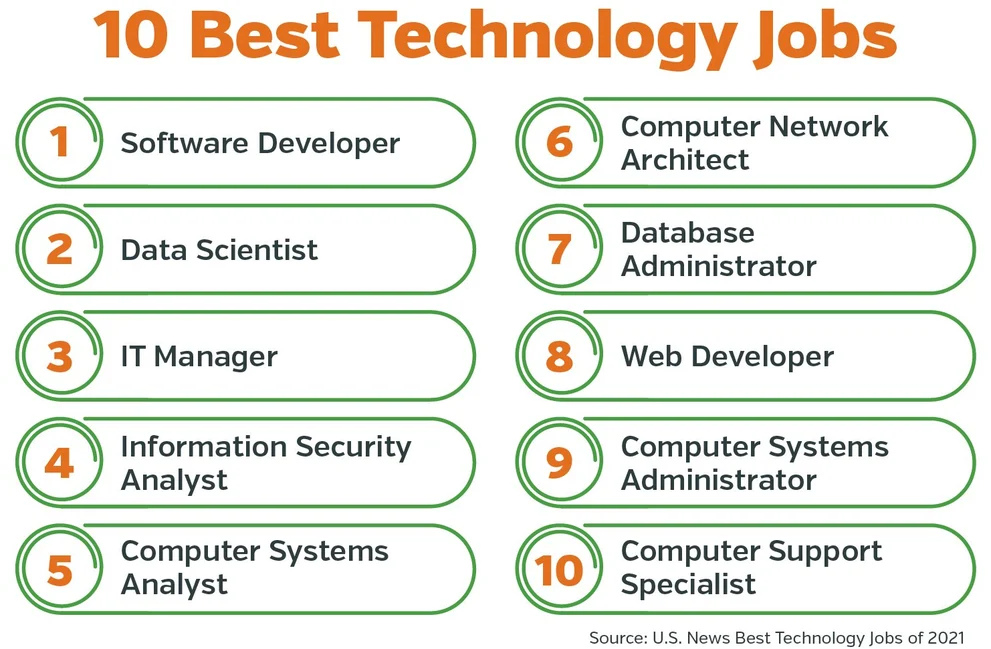Introduction
As technology advances, cybercrime has become a growing threat, leading to an increased demand for cyber crime lawyers. These legal professionals specialize in handling cases related to digital offenses, such as hacking, identity theft, online fraud, data breaches, and cyber harassment.
In this article, we’ll explore the role of a cyber crime lawyer, the types of cases they handle, required skills, and how to pursue a career in this emerging legal field.
What Does a Cyber Crime Lawyer Do?
A cyber crime lawyer specializes in laws related to digital crimes and internet-related offenses. Their responsibilities include:
-
Legal Representation: Defending or prosecuting individuals/companies accused of cybercrimes.
-
Regulatory Compliance: Advising businesses on data protection laws (e.g., GDPR, CCPA, IT Act).
-
Digital Forensics: Working with cybersecurity experts to gather electronic evidence.
-
Litigation & Arbitration: Handling court cases involving cyber fraud, cyberbullying, or intellectual property theft.
-
Policy & Advisory: Assisting governments and corporations in drafting cyber laws and security policies.
Types of Cyber Crimes They Handle
-
Hacking & Unauthorized Access – Breaking into computer systems illegally.
-
Online Fraud & Scams – Phishing, financial fraud, and Ponzi schemes.
-
Data Breaches & Privacy Violations – Leaking sensitive personal/corporate data.
-
Cyber Defamation & Harassment – Online bullying, revenge porn, or fake profiles.
-
Cryptocurrency & Dark Web Crimes – Money laundering, ransomware, and illegal transactions.
-
Intellectual Property Theft – Piracy, copyright infringement, and trade secret leaks.
Skills Required to Become a Cyber Crime Lawyer
To excel in this field, a lawyer needs:
✅ Strong Knowledge of Cyber Laws (IT Act, GDPR, HIPAA, etc.)
✅ Understanding of Cybersecurity & Digital Forensics
✅ Analytical & Problem-Solving Skills
✅ Tech-Savviness (Understanding blockchain, encryption, etc.)
✅ Litigation & Negotiation Skills
✅ Ethical Hacking Basics (Helpful for understanding cyberattacks)
How to Become a Cyber Crime Lawyer?
1. Educational Requirements
-
Bachelor’s Degree in Law (LLB) – A 5-year integrated course or 3-year LLB after graduation.
-
Specialization in Cyber Law – Pursue certifications or an LLM in Cyber Law & Cybersecurity.
2. Gain Experience
-
Intern with law firms handling cybercrime cases.
-
Work with cybersecurity agencies, IT cells, or government cybercrime departments.
3. Certifications (Optional but Beneficial)
-
Certified Information Systems Security Professional (CISSP)
-
Certified Ethical Hacker (CEH)
-
Certified Cyber Law Expert (CCLE)
4. Career Opportunities
-
Private Practice (Handling cybercrime cases for clients)
-
Corporate Sector (Advising companies on data protection)
-
Government & Law Enforcement (Working with agencies like CBI, INTERPOL, or CERT-In)
-
Legal Consultancy for Tech Firms
Salary & Job Outlook
The demand for cyber crime lawyers is rising due to increasing digital crimes. Salaries vary based on experience:
| Experience Level | Average Salary (India) | Average Salary (Global) |
|---|---|---|
| Entry-Level | ₹5-8 LPA | 60,000−90,000 |
| Mid-Level | ₹10-15 LPA | 100,000−150,000 |
| Senior-Level | ₹20+ LPA | $150,000+ |
(Sources: Payscale, Glassdoor, LinkedIn)
Famous Cyber Crime Cases & Lawyers
-
Shreya Singhal vs Union of India (Landmark case on internet freedom in India)
-
Facebook-Cambridge Analytica Scandal (Data privacy violation case)
-
Notable Cyber Lawyers: Pavan Duggal (India), Mark Rasch (USA)
Conclusion
With cybercrimes on the rise, cyber crime lawyers play a crucial role in ensuring justice in the digital world. This field offers lucrative career opportunities for those passionate about law and technology.
Interested in Cyber Law?
Start by specializing in IT laws, gaining cybersecurity knowledge, and working on real-world cases to build expertise.
Visit our website:




